Get Involved
Join the Council
LET’S BUILD A MORE JUST AND RESILIENT FOOD SYSTEM FOR ALL RHODE ISLANDERS!
We want to work with people who want to promote good food policy and strengthen the capacity of our local and regional food system. Anyone with expertise or experience who wants to collaborate on advancing the Council’s priorities is invited to participate as a Council member.
Key Responsibilities of Council members are:
- Build partnerships with a wide variety of individuals across industry, government, community-based organizations, and non-governmental organization sectors
- Develop and advocate for state and local policy priorities with other Council members
- Advise staff on projects designed to create a more just and resilient state food system

Most work group activity goes with the flow of the legislative session’s schedule, and formal onboarding for new Council members happens during the “off-season”. New members are welcome anytime, but we are not currently hosting any orientation sessions.
If you are not ready to join a work group but would like to connect with the RIFPC network, please join our newsletter list.
Active Work Groups
Active Farmland Preservation
Compost Support
Equity & Outreach
Farm Bill
Food Business
Healthy School Meals for All
Policy
Surplus Food Donation
Urban & Small Farmer Success
Each Work Group sits within one of these four core issues:
![]() Food Access and Nutrition Security
Food Access and Nutrition Security
![]() Food Business & Economic Development
Food Business & Economic Development
![]() Food Education & Workforce
Food Education & Workforce
![]() Food, Climate, and Environment
Food, Climate, and Environment
Joining one or more work groups that fit your interests and experience is one of many opportunities to volunteer. There are no dedicated “seats” for any particular organizations or sectors. Council members contribute independently, offering expertise and sharing experience. Council members form work groups based on key operational functions, our commitments, or around particular policy priority areas.
Meetings are usually held virtually once a month, with some in-person gatherings throughout the year.
NEW MEMBER ORIENTATION
Start participating as soon as you’re ready by watching our short orientation video and submitting your information through our Work Group Commitment form. We ask that you join in on conversations, meetings, and activities regularly, uphold our mission and values, and abide by our shared meeting agreements.
SHARED MEETING AGREEMENTS
Use “I” statements – this helps to ensure that I (and each of us) are speaking for ourselves
Make space, take space – we want to make sure that everyone has a chance to speak and contribute. So if you tend to speak up a bit more, we ask you to make space for others to speak. And if you tend to speak up a bit less, we ask you to take some talking space.
Confidentiality – we hope to get to know each other and share a bit about ourselves during this call, and we also want to respect what is shared by keeping it in this space
Both/and thinking – rather than simplifying complicated questions or realities into either/or, this agreement asks that we work to embrace that more than one thing can be true. This means allowing for multiple and creative possibilities that may not seem immediately apparent and encourages us to slow down as a way to challenge the urgency that is deeply embedded in white supremacy culture
OK to disagree – this one is pretty straightforward – we want to make space for disagreement and differing opinions.
Impact matters more than intent – part of building a culture where it’s okay to disagree is also about how we recognize “ouches.” This last agreement is about trusting that everyone is here with the best intentions, while also recognizing that the impact of our words and actions is what matters. We want to build a space in which each of us can name the impact or the ouch that may occur and then the person who may have caused an ouch, regardless of intentions, can take responsibility for the impact
This list is in no particular order and remains open for changes. Council members are encouraged to make suggestions that ensure these agreements support a safe and fulfilling format, time, and space for us to work together.

